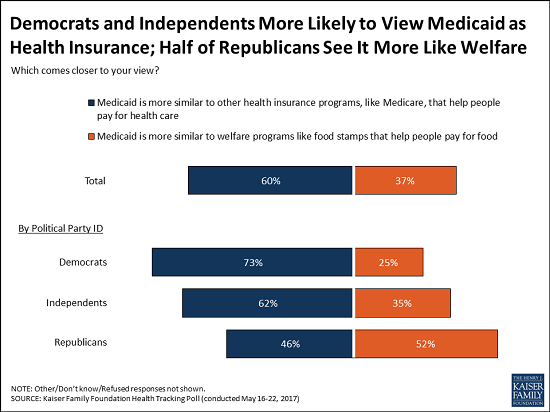In The Politics of Autism, I discuss interactions between police and autistic people. Police officers need training to respond appropriately. When they do not, things get out of hand.
At Pacific Standard, David M. Perry explains why schools escalate behavior problems into law enforcement issues.
But schools do punish people when they are panicking, and Sam Crane, an attorney and the director of public policy at the Autistic Self Advocacy Network, is afraid she knows why. Behavior intervention plans, she explains, are part of disability-rights education legislation. Once you have a plan, you have all kinds of added rights as a member of a protected class of American citizen. If you charge someone with a crime, though, schools can skip right past disability law. "Under the IDEA," Crane writes me, "[a] student would be entitled to a manifestation determination, to decide whether his behavior was a manifestation of a disability. There's no such requirement when referring a kid to law enforcement." Crane believes that, around the country, schools are pushing teachers and other staff to press charges.
Ami Tint and colleagues have an article titled "Correlates of
Police Involvement Among
Adolescents and Adults with Autism Spectrum Disorder" at the
Journal of Autism and Developmental Disorders. The study involved Ontario, Canada.
The abstract:
This study aimed to describe police interactions, satisfaction with police engagement, as well as examine correlates of police involvement among 284 adolescents and adults with autism spectrum disorder (ASD) followed over a 12- to 18-month period. Approximately 16% of individuals were reported to have some form of police involvement during the study period. Aggressive behaviors were the primary concern necessitating police involvement. Individuals with police involvement were more likely to be older, have a history of aggression, live outside the family home, and have parents with higher rates of caregiver strain and financial difficulty at baseline. Most parents reported being satisfied to very satisfied with their children’s police encounters. Areas for future research are discussed in relation to prevention planning.
From the article
A history of aggression differentiated individuals who did and who did not interact with police in the observation period. Aggressive behaviors commonly occur in ASD (Kanne and Mazurek 2011; Matson and Rivet 2008; Mazurek et al. 2013), with rates reported to occur in up to 68% of affected individuals at some point in their lives (Lecavalier 2006). These behaviors can result in negative physical, emotional, and financial consequences for family members (Hartley et al. 2012; Hodgetts et al. 2013). Despite a high need and the recognized existence of effective empirically based interventions, there is often a lack of professional knowledge and community-based resources to assist individuals with ASD and their families deal with aggressive behaviors (Hodgetts et al. 2013; White et al. 2012). In the current study, an individual’s history of aggressive behavior, caregiver strain and police contact were associated with each other, further highlighting the need for appropriate community-based family supports


